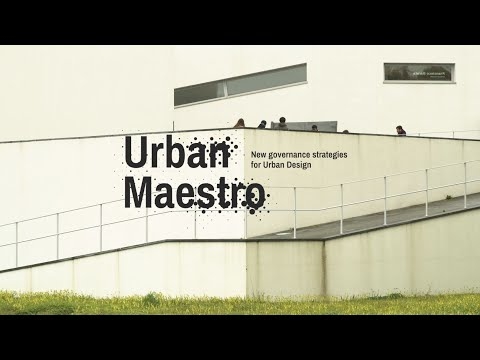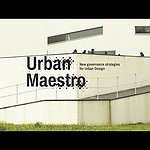Far from limiting themselves to be simple regulators or even direct investors, many European countries and cities have developed these alternative approaches in order to enhance their ability to intervene as enablers or brokers in urban development. Through these means they have initiated strategies to promote a high-quality built environment, often combining different formal and more innovative informal tools to guide, encourage and enable better design.
For instance, a city may decide to promote quality by supplementing its zoning-based planning system with non-mandatory guidance, by organising architectural competitions, by setting up a process of peer review for design proposals, by instigating temporary urban interventions to demonstrate the potential of particular spaces, or by creating financial incentives linked to achieving certain design or other social objectives. Of these various strategies, financial mechanisms and their relationship to informal tools of urban design governance represent a particular focus of the project. It is hypothesised, for example, that synergies between such tools have the potential to make both approaches more effective in attaining their desired outcomes.
Urban Maestro aims to capture and highlight knowledge about how such initiatives are used in practice, with what purpose, and with what impact on delivering better-designed places. Ultimately, Urban Maestro expects to contribute to the global urban debate and the realisation of United Nations Sustainable Development Goals by enhancing practices of urban design governance within Europe and beyond.
The project
Urban Maestro was launched in 2019 by three partners: the United Nations Human Settlements Programme (UN-Habitat), the Brussels Bouwmeester Maître Architecte (BMA) and the University College London (UCL). It is funded by the European Union’s Horizon 2020 research and innovation programme.
To structure the analysis and build a common understanding, the Urban Maestro team developed an analytical framework and a typology of the tools available to public authorities in order to positively influence the outcomes of the design processes.
Urban Maestro conducted a survey to map out and understand the current landscape of policies and urban design governance practices across Europe. The Urban Maestro team and its project advisors have explored other examples through research and live exchanges at events. We are constantly on the lookout for new examples, and external contributions are always welcome through the dedicated “Submissions” page.
Click for their typology of tools for the governance of urban design here.
Source: Urban Maestro - About

